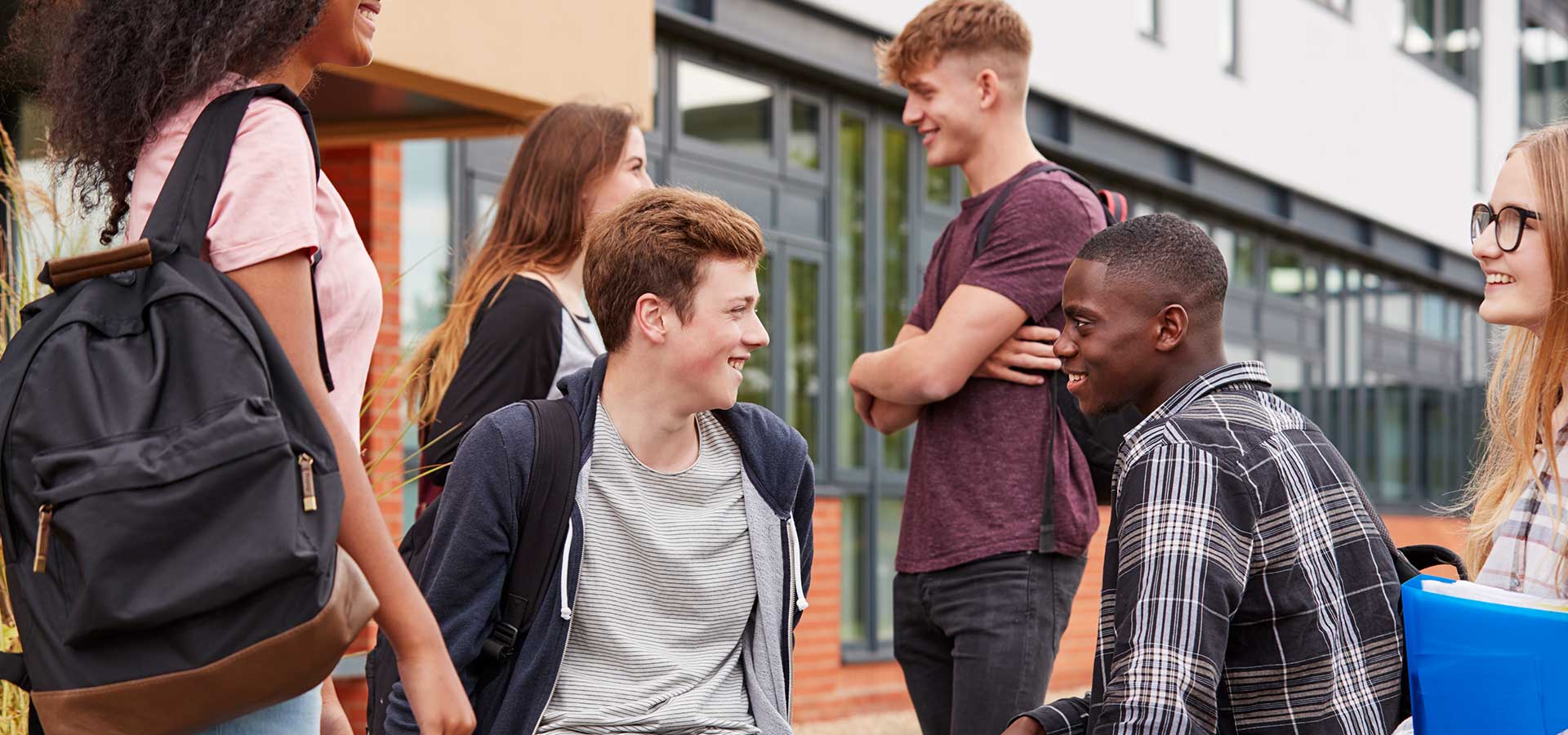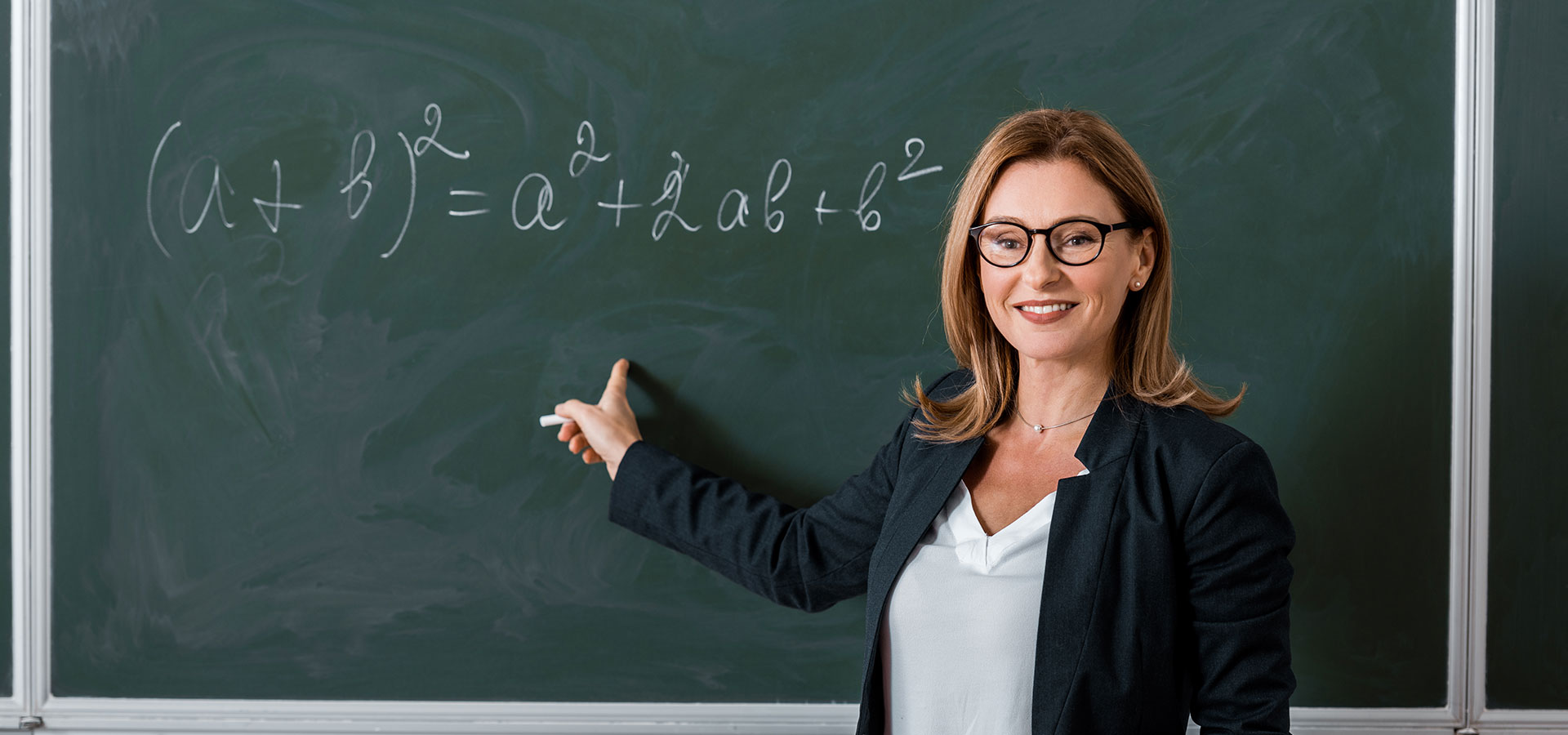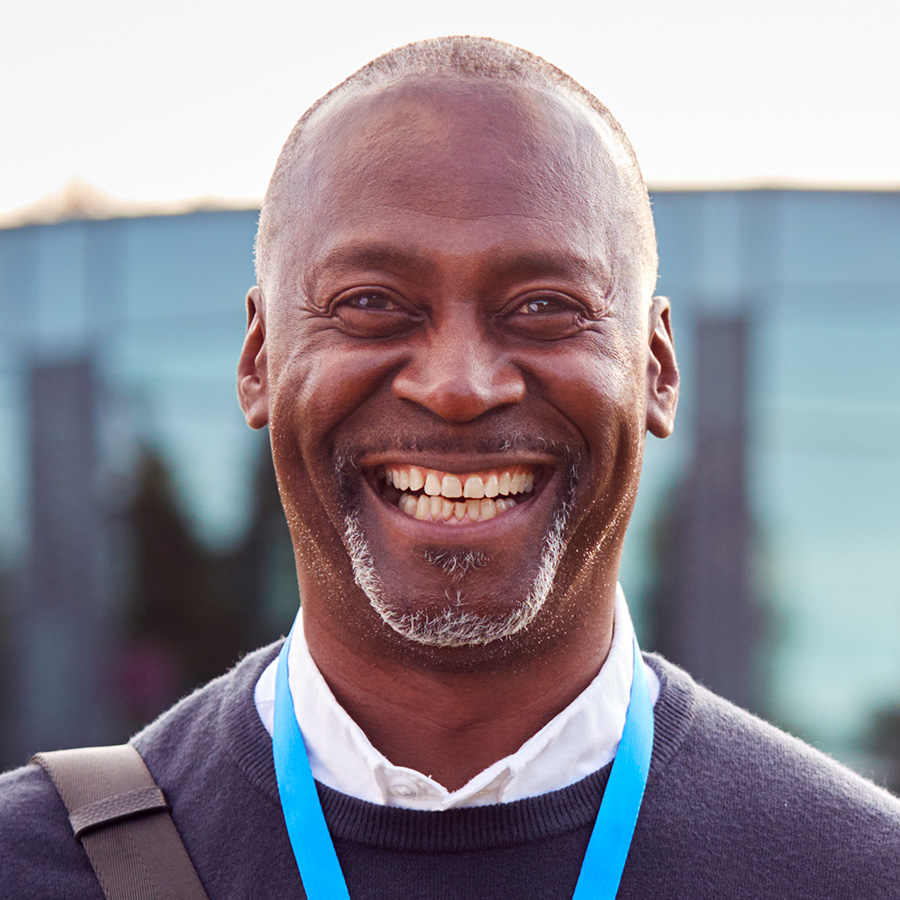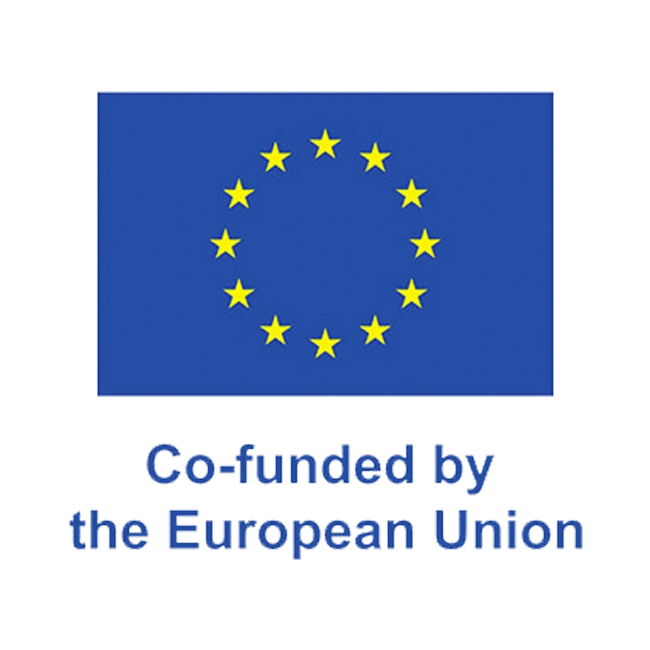


Improving accessibility in public places helps disabled visitors experience a greater sense of inclusion. This improvement can be achieved through the physical adaptation of buildings or through their digitalization. The COVID-19 pandemic has accelerated or modified these measures, leading many museums to create digital tours and exhibitions so that visitors can access them from their homes. The “Team of Art” project, supported by Erasmus+, focuses on people with low qualifications or special needs, seeking to bring them closer to the heritage of the European Union through a narrative and visual experience of art, combined with the acquisition of basic knowledge . The project will develop the “European Digital Museum”, which will be available to students who have never had contact with European classical culture. This digital museum will offer virtual exhibitions, 120 animated works of art and a glossary of art keywords, accompanied by videos in sign language. Additionally, partners will develop training materials for professionals, such as educators, trainers and mediators.
Provide a low-tech, open source technical solution to museum sector professionals who work with audiences with special needs. This solution aims to develop virtual exhibitions, while reinforcing and expanding the digital and pedagogical skills of these professionals, especially with regard to integration. The project also seeks to offer free access to innovative teaching resources based on European cultural heritage to people with special needs.
• Virtual exhibition of 120 animated, narrated and interactive works of art. • Pedagogical dossiers to help trainers present and organize workshops around animated posters. • Practical sheets created to provide educators, trainers and mediators with practical and concrete advice, suggestions, workshops and tutorials. • Accessible glossary that complements digital scrolling and illustrated works of art dedicated to artistic discovery and reading and language learning. • Pedagogical guide intended for trainers, educators and mediators with the aim of answering general and practical questions.

Lorem ipsum dolor sit amet, consectetur adipiscing elit. Vivamus gravida sem odio. Proin volutpat tincidunt rutrum. Maecenas ac arcu purus. Cras suscipit posuere metus quis condimentum praesent euismod sem quis



We are a non-profit organisation based in Reus (Catalonia, Spain) that aims to help young people and adults get involved in youth work to participate in European programmes.

This website uses cookies and/or similar technologies that store and retrieve information when you browse. In general, these technologies can serve various purposes, such as recognizing you as a user, obtaining information about your browsing habits, or customizing how content is displayed.